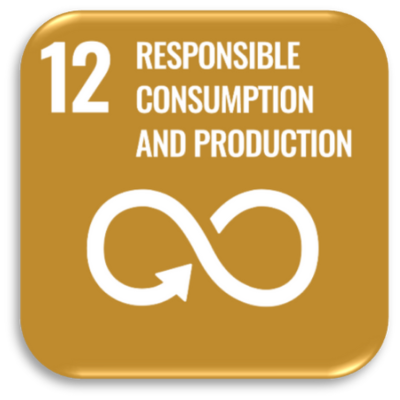Are there Environmental Considerations?
Yes, there are several environmental considerations associated with the EFAI project:

Electronic Waste Reduction:
By repurposing surplus and underutilized scientific equipment and promoting
sustainable
consumption practices, the project contributes to the reduction of electronic waste
(e-waste). This aligns with Sustainable Development Goal 12 (Responsible Consumption
and
Production) by promoting the reuse and recycling of electronic equipment, thereby
minimizing its environmental impact.
Energy Efficiency:
The project aims to ensure the effective use of
donated
equipment and
software, which can help reduce energy consumption. By promoting energy-efficient
practices in schools and laboratories, the project supports efforts to mitigate
climate
change and reduce greenhouse gas emissions.


Resource Conservation:
By providing access to repurposed scientific
equipment, the
project reduces the need for new manufacturing processes and raw material
extraction.
This helps conserve natural resources and reduces the environmental footprint
associated
with the production of new equipment.
Environmental Education:
Through its focus on STEM education and
sustainability, the
project raises awareness about environmental issues among students and educators. By
integrating environmental concepts into the curriculum, the project helps foster a
culture of environmental stewardship and responsibility.
Overall, the EFAI project recognizes the importance of environmental considerations and aims to promote sustainable practices both within schools and in the broader community.
